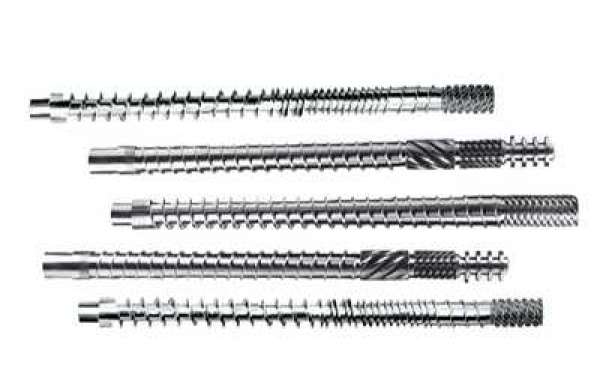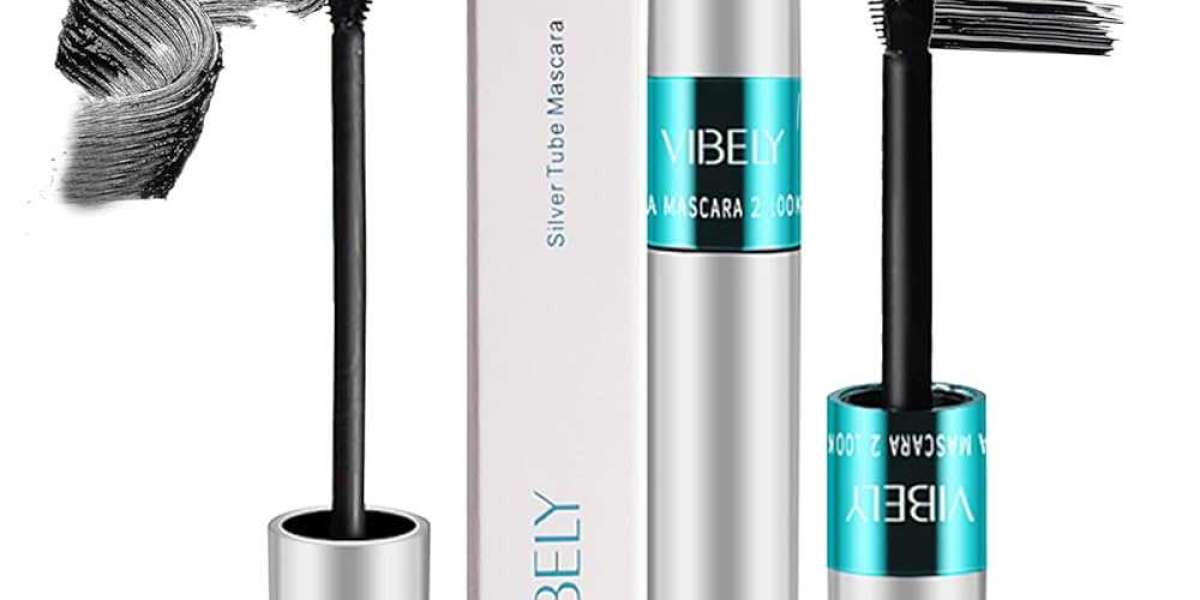Bimetallic Screw Barrel operate under high temperature, high pressure and high friction. Although these factors cause the loss of the bimetallic screw is inevitable, but it is also a necessary condition for the production process. Generally, the surface of the screw is nitrided to increase the surface hardness, that is, to improve the wear resistance. However, if the cause of wear is ignored and the wear is not minimized, the service life of the screw will be greatly reduced.
1. Each plastic raw material has an ideal plasticizing processing temperature scale, so the processing temperature of the barrel must be controlled to be close to this temperature scale. Granular plastic enters the barrel from the hopper and first reaches the feeding section. Dry friction is unavoidable in the feeding section. When these plastics have insufficient heat and uneven melting, it is easy to cause increased wear on the barrel wall and screw surface; similarly, in the shrinking section and In the homogenization section, if the melting state of the plastic is disorderly and uneven, it will also cause increased wear.
2. The speed should be adjusted appropriately. Because some plastics are reinforced, such as glass fiber, minerals or other fillers. The frictional force of these substances on metal raw materials is often much greater than that of molten plastics. In the injection molding of these plastics, if high speed is used, the increase in the shearing force on the plastic will also cause more torn fibers corresponding to the reinforcement. The torn fibers contain a sharp end, which greatly increases the wear force. . The scraping effect of inorganic minerals on the metal surface is not small. Therefore, the speed should not be adjusted too high.
Rubber Screw Barrel and it are the same as the screw, they will be worn out, so no matter what kind of screw you must pay attention to its wear.





